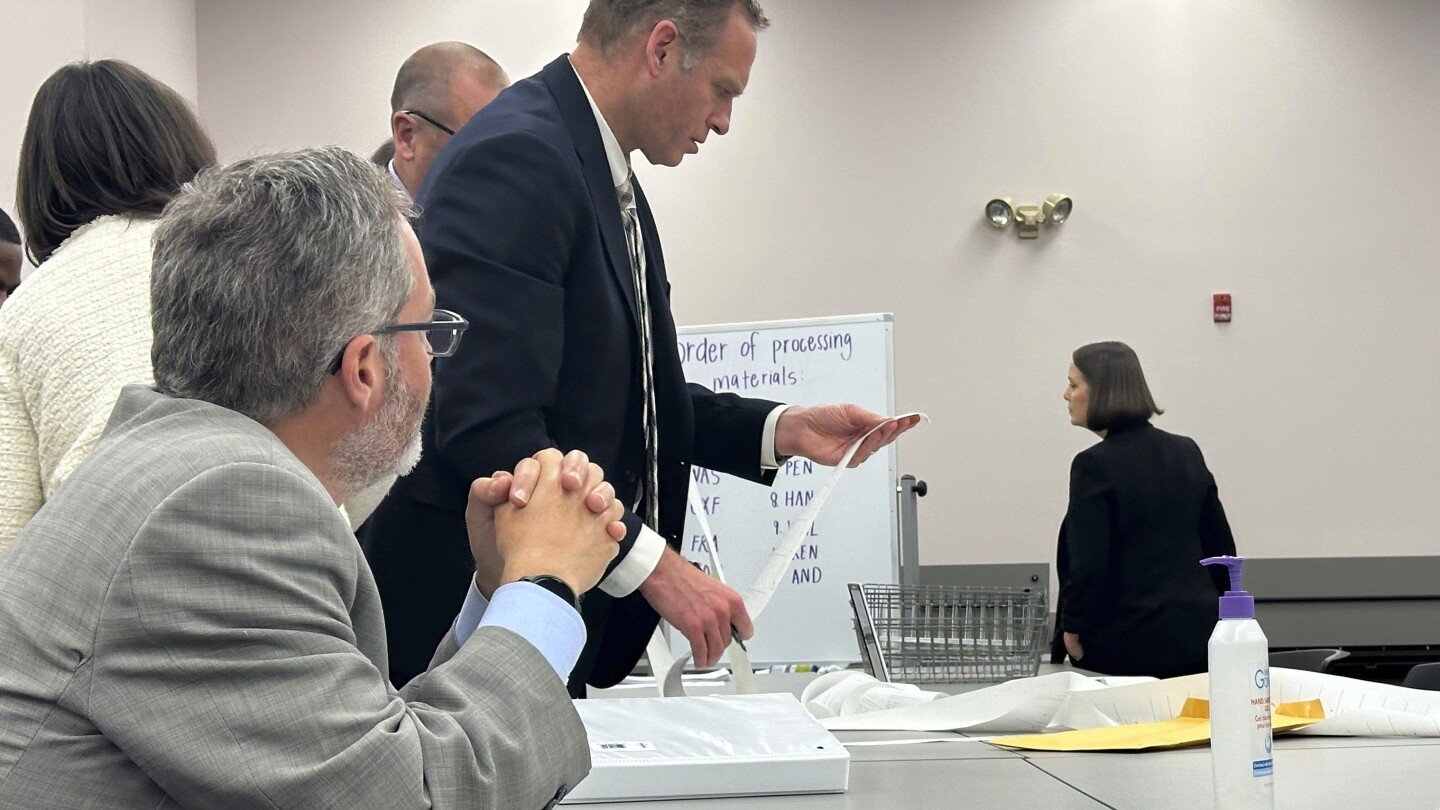Summary
Voters across eight states, including Arizona, Colorado, and Nevada, rejected ballot measures for election reforms such as ranked choice voting (RCV) and open primaries, despite a $110 million push from advocates.
The movement, inspired by Alaska’s 2020 adoption of these reforms, failed to gain traction, with critics citing confusion and doubts over RCV’s benefits.
Some reforms succeeded locally, including in Portland, Oregon, but opposition remains strong.



You can lead a horse to water, but you can’t make them drink.
Many people are too uninformed to understand why RCV benefits them. Others understand that it’s liable to upset the status quo that they like. Between ignorance and malice, it’s not surprising that RCV is a difficult sell.
I think it is more of a difficult sell because of all the political and financial opposition. Nobody outside the US considers systems with more than two parties complicated. Instead it is pretty straightforward. You vote a party and the party gets seats accordingly to how many people voted for it. It is easier than the whole swing-state electoral college bullshit. But looking at Baseball and Imperial units it seems Americans need things to be needlessly complicated.
Quite so. Same with the uniquely American obsession with acronyms. I swear to god, everything they touch gets one.
Tbf, that’s more online than irl. IMHO
Nah fam, I didn’t know how much of a thing it was until I went to the states. Every time there’s a subject to learn in school or some new policy, it must have an acronym, bonus points if it also features a flow chart guide for dummies.
Acronyms are fun. FUBAR being the best one.
On the financial front, in Alaska the RCV maintainers outspent the repealers 100:1, yet the bill to repeal vote barely failed by some 600 votes - triggering a recount.
In Arizona, the RCV proposition didn’t pass because it was bundled with open primaries. The bill was mainly about requiring open primaries with only a small mention of requiring ranked choice voting at the end. I would bet a lot of people here didn’t even know ranked choice voting was on their ballot.